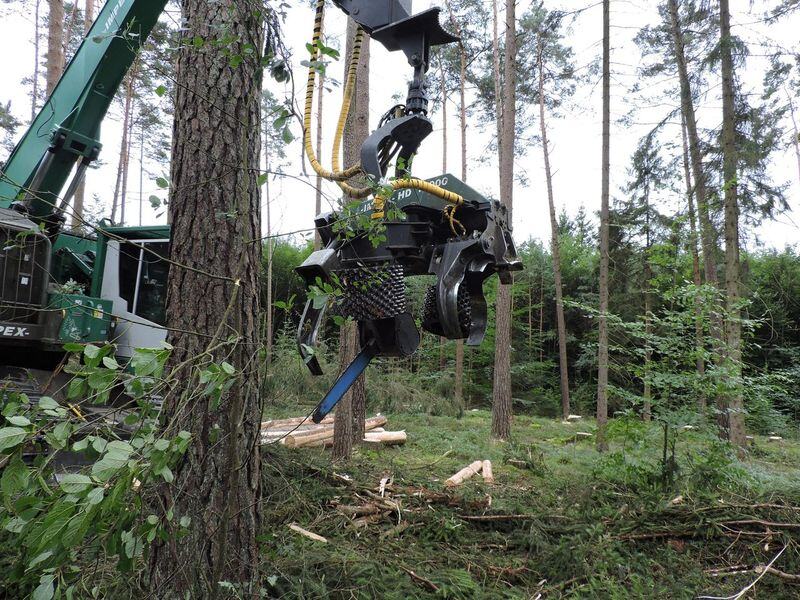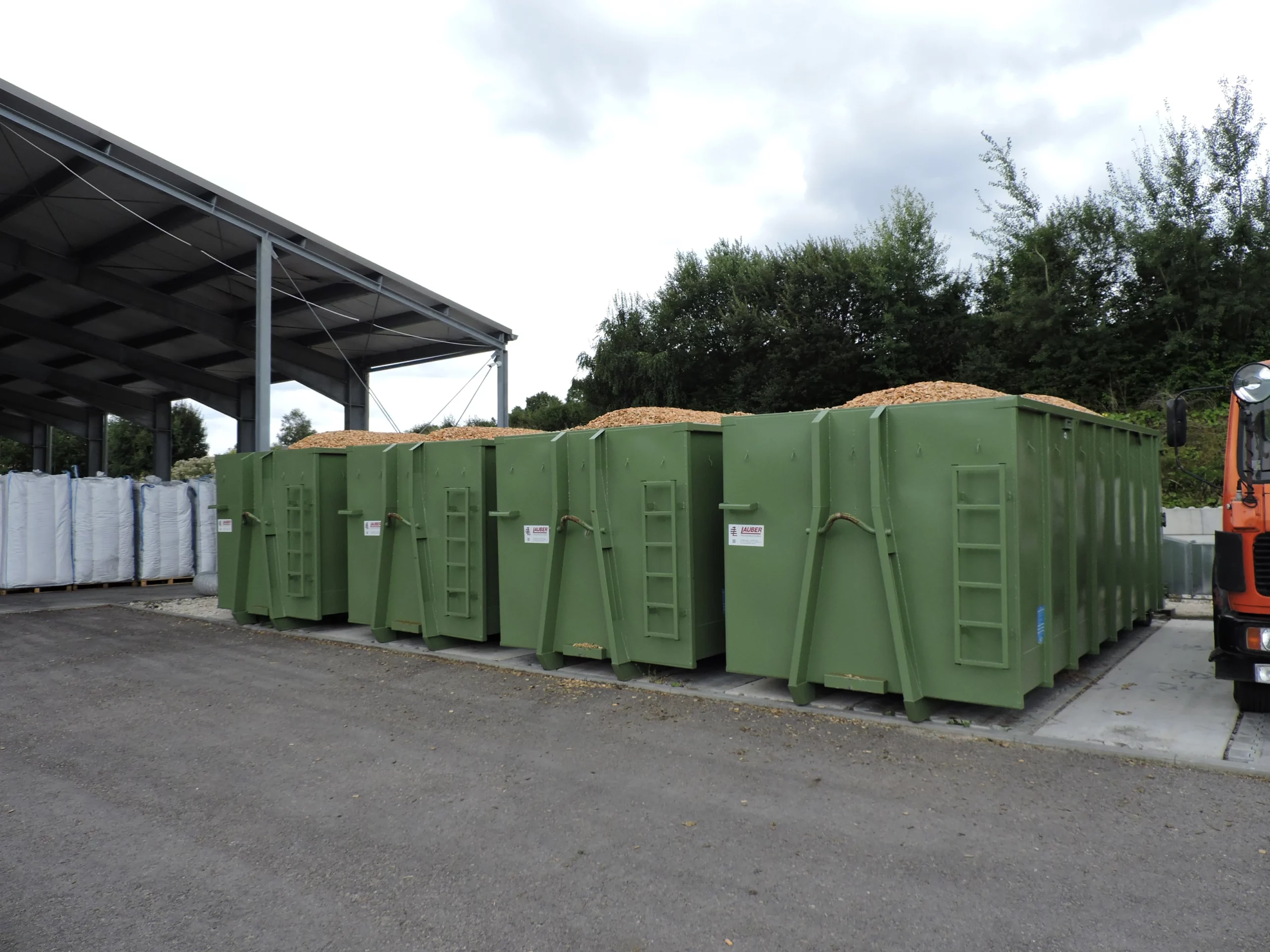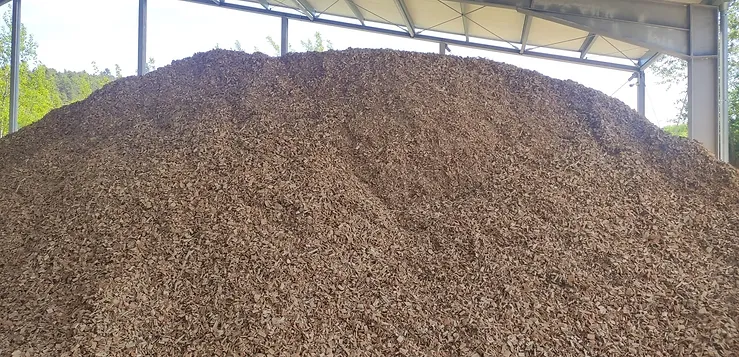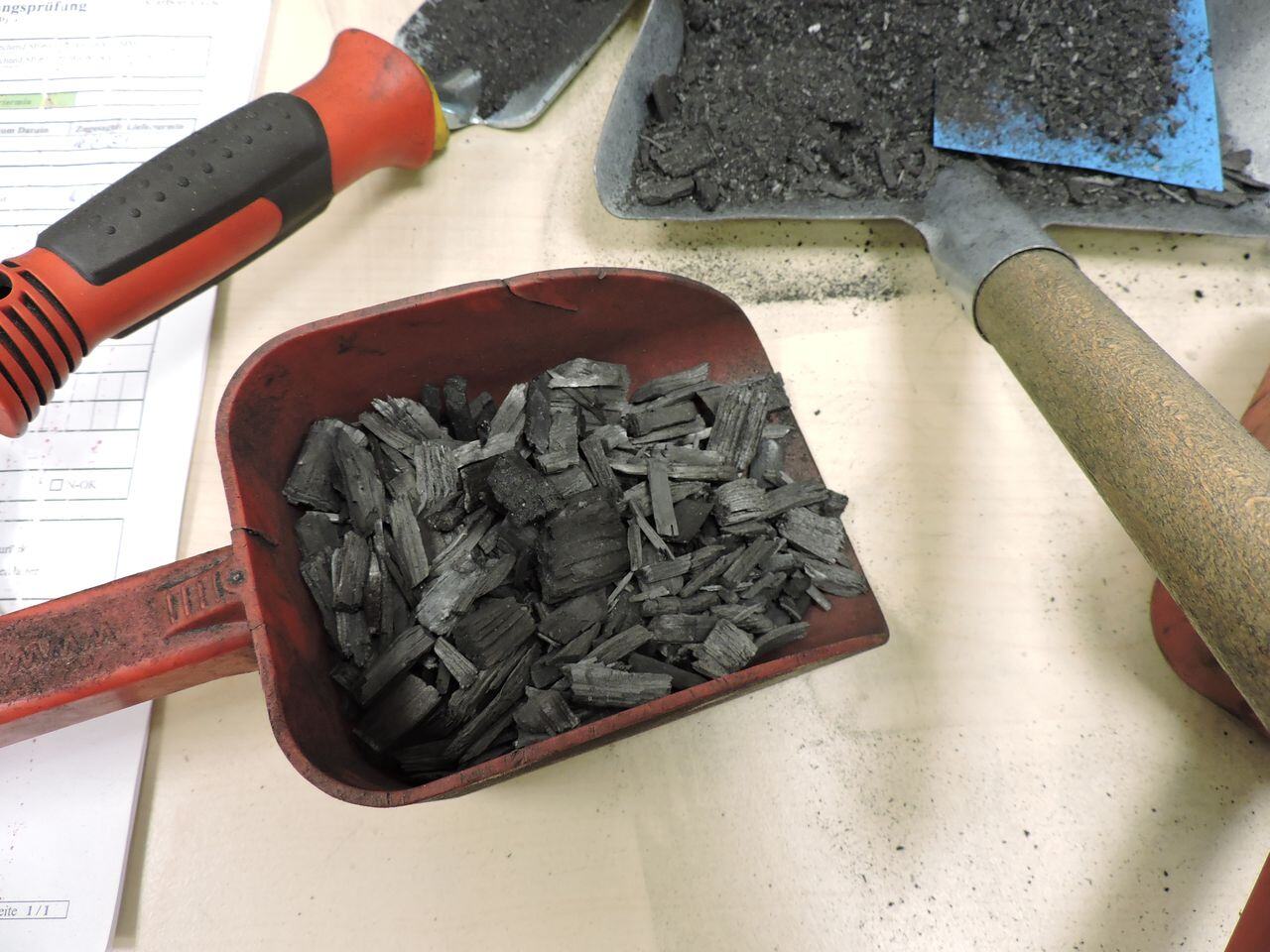The project uses locally sourced untreated wood chips from sustainable timber harvesting in PEFC-certified (Programme for the Endorsement of Forest Certification) forests as the feedstock for the biochar.
The wood chips, otherwise considered waste, undergo pyrolysis, in which they are heated to high temperatures in the absence of oxygen, effectively converting the organic material into a type of charcoal, called biochar. Biochar stores original biomass carbon in a form that is relatively resistant to decomposition and that can stabilize organic matter added to the soil. In this manner, carbon can be stored in the soil for an extended period, while also providing a range of soil fertility and soil quality co-benefits.
Carbon in the wood chips is stabilized through pyrolysis, which safely captures CO2 that would otherwise be released into the atmosphere. Certified by Puro.earth, the project meets all additionality and leakage baseline requirements and offers maximum durability.
The production of one tonne of high-quality biochar results in an equivalent of 2.86 tonnes of harmful carbon dioxide becoming firmly bound for over a century.
Biochar creates an ideal habitat for soil microbes, fungi, and arthropods. Studies consistently demonstrate enhanced biological activity and diversity in soils using biochar. Air, water, and nutrients are retained in the pores and on surfaces, providing the perfect habitat for all kinds of beneficial organisms. In addition, because of their charge, biochar surfaces can absorb heavy metals, such as lead and cadmium .
Application rates vary, but 5-10 tons of biochar per acre area typical starting point, with annual applications much smaller, in the range of 0.5 tons per acre.








